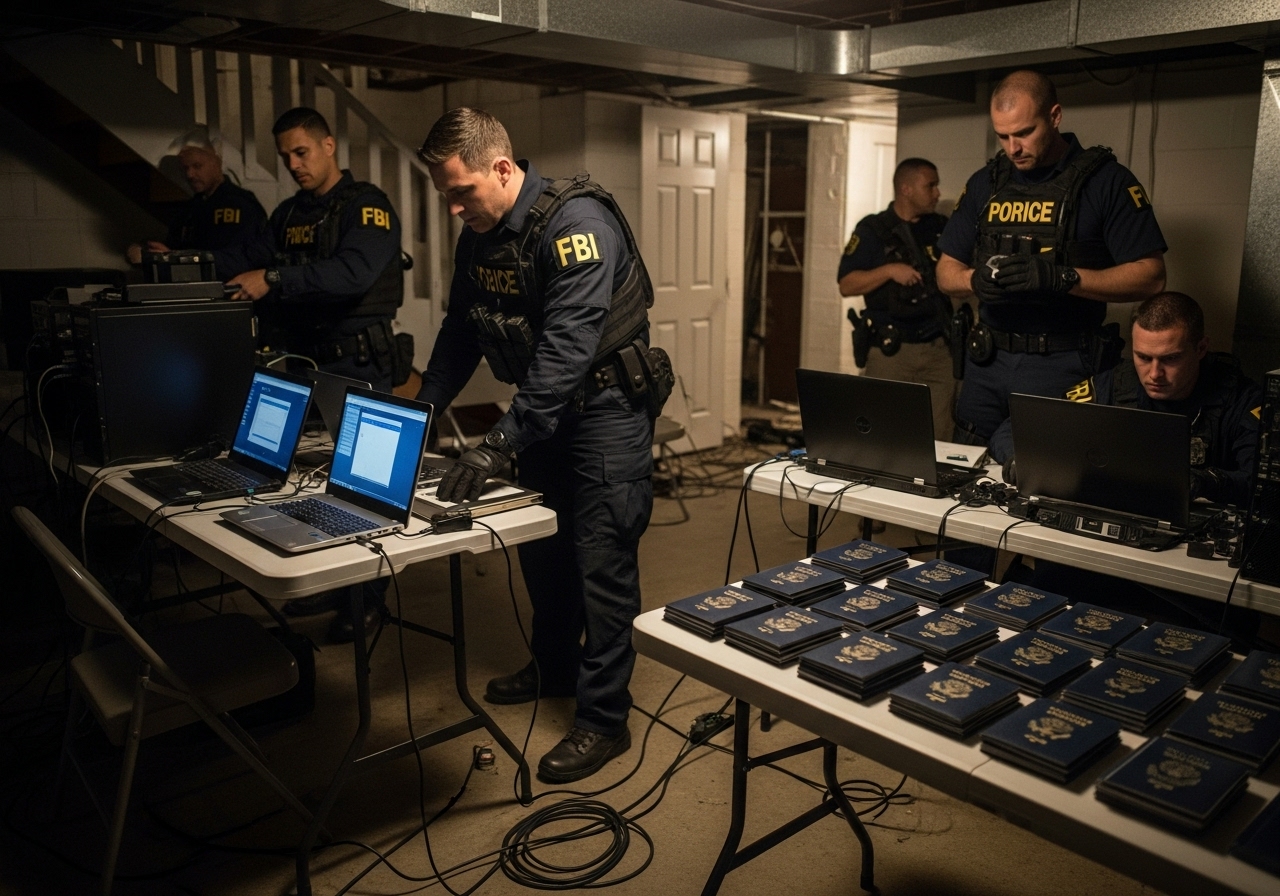In an effort to lessen stigma towards drug users, the White House plans to spend $3.6 million to install vending machines in rural Kentucky with drug supplies.
The NIH’s experiment, which will examine “harm reduction kiosks” and its effectiveness in rural Appalachia that offer “naloxone, injection equipment, condoms, fentanyl test strips, hygiene kits, and other supplies,” was begun in August. According to the health department, the vending machines let drug users buy supplies like syringes without speaking to a medical expert in an effort to get rid of the “shame” associated with going to a physical harm reduction center.
In a press statement on August 31 about the steps it had taken “to confront addiction and the overdose pandemic,” the White House made mention of the initiative. Rather than trying to outlaw the use of illicit drugs, the government has chosen a wide range of harm reduction strategies.
According to a February story in The Washington Free Beacon, the Dept. of Health and Human Services planned to use a $30 million harm reduction grant program to pay for the distribution of crack pipes. The public outcry over the financing plans for crack pipes forced the government to abandon them, and the New York Times claimed that this “disrupted” Biden’s drug policy program. The NY Times reported in July that Joe Biden’s drug czar Dr. Rahul Gupta was in favor of legalized injection facility’s, which allow drug users to take drugs while under the supervision of medical professionals. Despite this, the White House still seems willing to implement contentious harm reduction policies.
The University of Kentucky’s latest research looks to be the federal government’s first attempt to introduce harm-reduction vending machines. Vending machines that discourage harm have gained popularity in Australia, Canada, and other nations. The devices have been used recently in a few U.S. states, including Ohio, New York, Rhode Island, and Nevada. The smoking kits, which frequently contain crack pipes, are occasionally included with the machines.
The National Institutes of Health were consulted when the University of Kentucky declined to respond. In addition to drug paraphernalia, the NIH’s National Institute on Drug Abuse, which oversees the experiment, informed the Free Beacon that the vending machines will also include “water, food kits, gloves, socks, and feminine hygiene items, wound care, and resources/guides.” When questioned about the kiosk program’s condition, the government remained silent.





